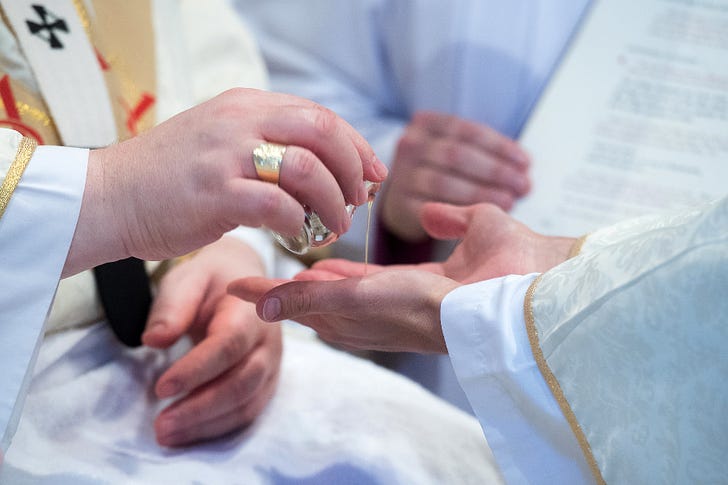Study: Liberal US priests facing ‘progressive’ extinction
Theologically ‘progressive’ and ‘very progressive’ priests once made up 68% of new ordinands. Today, that number has dwindled almost to zero.
The share of new U.S. Catholic priests identifying as theologically “progressive” has fallen so low that the phenomenon has “all but vanished,” according to a report published Tuesday.

The 18-page report, issued Nov. 7 by The Catholic University of America in Washington, D.C., said that when priests were asked to describe their theological outlook on a s…
